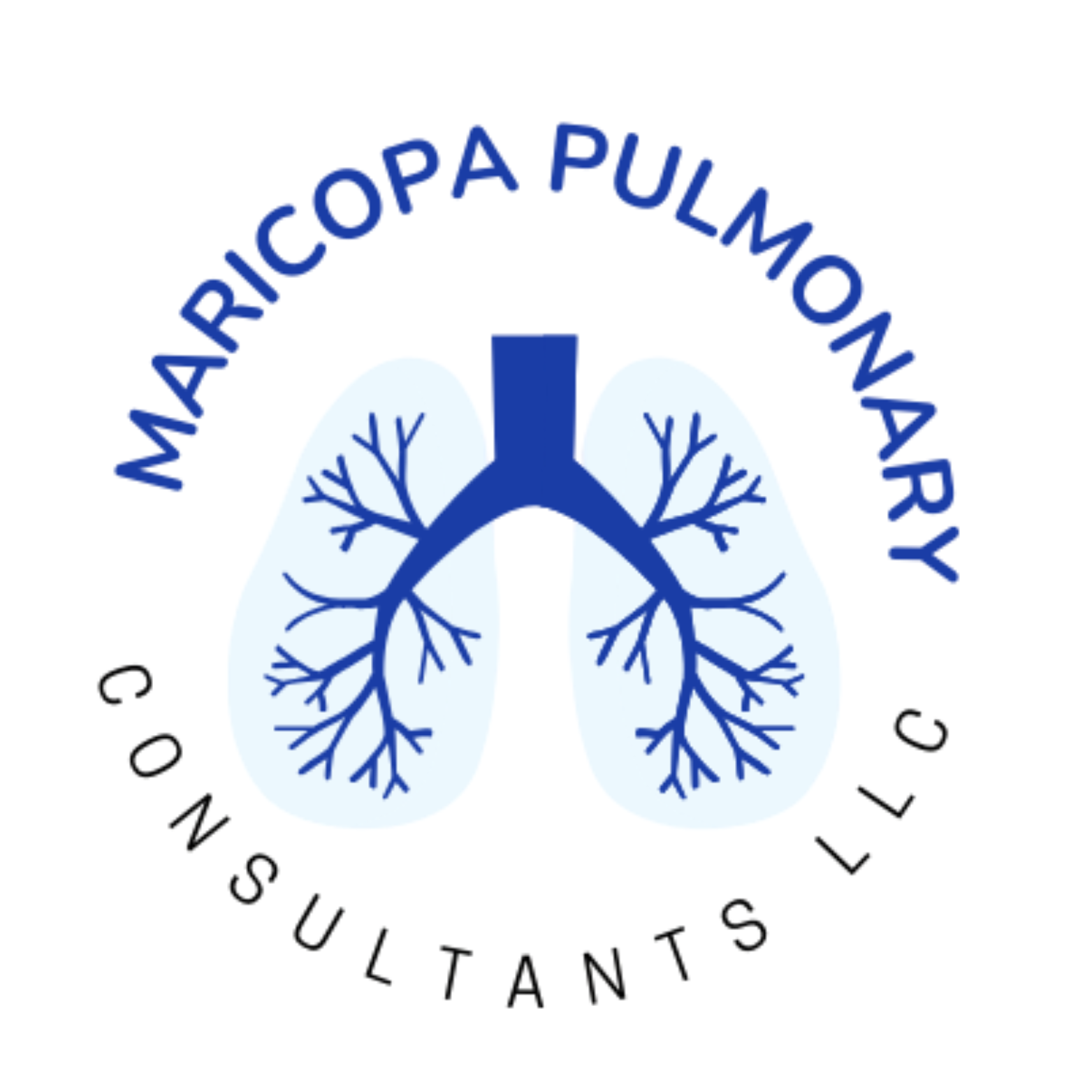Understanding Narcolepsy and Treatment Options at Maricopa Pulmonary Consultants in Phoenix
- Maricopa Pulmonary

- Sep 30, 2025
- 3 min read
Narcolepsy is a chronic sleep disorder that can dramatically alter a person's daily life. Individuals with narcolepsy frequently battle excessive daytime sleepiness, sudden sleep attacks, and various other symptoms that make everyday tasks a challenge. In this blog post, we will explore narcolepsy in depth, its symptoms, and the comprehensive treatment options available at Maricopa Pulmonary Consultants in Phoenix.
What is Narcolepsy?
Narcolepsy is marked by an intense need to sleep during the day, often with little warning. This condition disrupts normal sleep-wake cycles, leading to sudden sleep episodes. There are two primary types of narcolepsy: Type 1, which includes cataplexy (a sudden loss of muscle tone), and Type 2, which does not involve cataplexy.
While the exact cause of narcolepsy remains unclear, research indicates that a lack of hypocretin, a neurotransmitter essential for maintaining wakefulness, significantly contributes to the disorder. Studies suggest that 1 in 2,000 people have narcolepsy, which often goes undiagnosed or misdiagnosed.
Symptoms of Narcolepsy
Symptoms can differ widely, but the most common ones include:
Excessive Daytime Sleepiness (EDS): The overwhelming urge to sleep throughout the day, even after a full night’s rest, can affect work, school, and personal relationships.
Cataplexy: This symptom can lead to sudden muscle weakness, often triggered by strong emotions. For example, someone might experience a brief loss of muscle control while laughing at a joke.
Sleep Paralysis: A temporary inability to move or speak when falling asleep or waking up can be frightening and disorienting.
Hallucinations: Vivid dreams or sensations can occur during the transition to or from sleep. According to the National Sleep Foundation, up to 30% of people with narcolepsy may experience hallucinations.
Disrupted Nighttime Sleep: Many individuals experience multiple awakenings during the night, contributing to a cycle of poor sleep quality.
Recognizing these symptoms early is crucial for diagnosis and treatment.
Diagnosis of Narcolepsy
A correct diagnosis of narcolepsy usually involves a combination of the following:
Polysomnography (PSG): An overnight sleep study that captures brain waves, heart rate, and oxygen levels. This test typically lasts 8 hours.
Multiple Sleep Latency Test (MSLT): A nap test conducted the following day that measures how quickly a person can fall asleep in a quiet environment. Results indicate how quickly individuals achieve sleep stages typical for narcolepsy.
These tests aid healthcare providers in confirming narcolepsy and ruling out other sleep-related issues.
Treatment Options at Maricopa Pulmonary Consultants
At Maricopa Pulmonary Consultants in Phoenix, treatment for narcolepsy is personalized to meet each patient's unique needs. The main options include:
Medications
Medications serve as the foundation for treating narcolepsy. Common options include:
Stimulants: These can improve alertness and reduce daytime sleepiness. For instance, modafinil has shown efficacy in increasing alertness in up to 60% of patients.
Antidepressants: Some antidepressants can help manage symptoms like cataplexy. A study indicates that certain medications can reduce cataplexy episodes by up to 50%.
Sodium Oxybate: This medication has proven effective for treating both excessive daytime sleepiness and cataplexy, significantly improving patients' quality of life.
Lifestyle Modifications
Beyond medication, making specific lifestyle adjustments can enhance the lives of individuals with narcolepsy. Suggestions include:
Scheduled Naps: Integrating short naps throughout the day can reduce feelings of sleepiness, helping to boost alertness.
Sleep Hygiene: Establishing a regular sleep schedule and creating a comfortable sleeping environment are essential for improving nighttime rest.
Diet and Exercise: Nutrition and physical activity play crucial roles in overall well-being, contributing to better energy levels and mood.
Support and Education
Education is a cornerstone of effective narcolepsy management. At Maricopa Pulmonary Consultants, the focus extends beyond treatment. Patients and their families receive resources to help understand the condition, empowering them to manage the unique challenges that narcolepsy presents. Support groups may also be available to facilitate connection and shared experiences among individuals facing similar struggles.

Living with Narcolepsy
Navigating life with narcolepsy can be tough, but proper treatment and robust support systems can lead to fulfilling lives. Patients should maintain open communication with healthcare providers about their symptoms and treatment progress. Regular follow-ups ensure that treatment plans stay effective and any concerns are promptly addressed.
Increasing education and awareness about narcolepsy among family, friends, and coworkers can aid individuals in adapting to their condition. Greater awareness fosters empathy, making daily activities less stressful.
Final Thoughts
Narcolepsy is a complex sleep disorder requiring a thorough approach to diagnosis and treatment. Maricopa Pulmonary Consultants in Phoenix offers a variety of solutions tailored to each patient's specific needs. Understanding narcolepsy empowers individuals to pursue proactive steps for managing their condition more effectively.
If you or someone you know is experiencing symptoms of narcolepsy, reaching out for professional help is essential. Early diagnosis and appropriate treatment can significantly impact how well the condition is managed and improve quality of life.



Comments